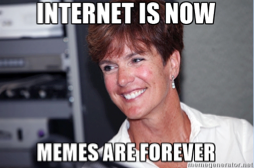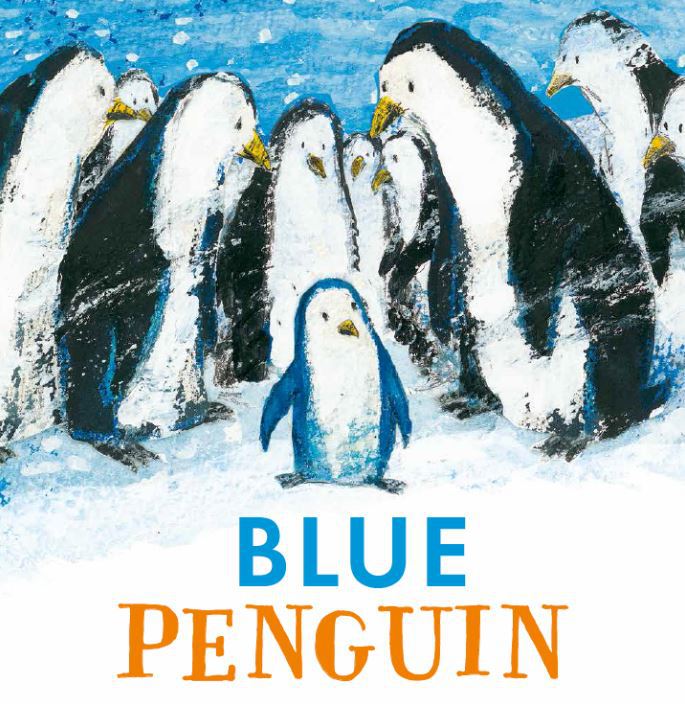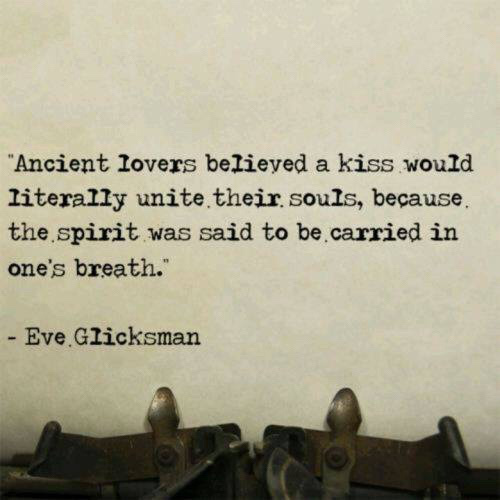You may have noticed I have some strong opinions. But one of them, which has been gaining strength since Trump’s inauguration, is this: I don’t want my own strong opinions irrevocably dividing me from my fellow Americans.
Easier said than done, when most of what I see and hear through the media fills me with reactive rage, disgust, and sorrow. But rage, disgust and sorrow are exhausting. So the temptation is to stick with my tribe, to talk only with people who feel the same way, and to shut out the “ugly voices.”
Problem is, we’re all in this together—”this” being This American Experiment.

All in this together. “Togetherness,” by Author Woldh, October 2015, courtesy Wikimedia
So when I venture outside my tribe, I try to connect over shared values: music. Food. Sports. Children. Animals. And when I’m alone, I make myself read articles and listen to podcasts that force me to consider the downside of my own tribalism.
Recently I was struck by this bit from an “On Being” podcast—a dual interview with an Indian-American journalist from Ohio and an activist from rural White Tennessee. Here’s the journalist, Anand Giridharadas:
…the word that comes to me is “commitment.” … You’re committed to your home… in a way that…almost sounds more like the way people talk about marriage. You’re not there because you know it’s gonna be good; you’re willing to be there even if it’s not great. And I think what’s happened to us is that we’re not committed to each other as a people, so it’s almost like we are in this kind of situation where any disappointment that we encounter in our fellow citizens is like a reason to break up, and any deviation from deeply fulfilling each other as fellow citizens is like a tragedy. And part of commitment as a citizen is embracing other people’s dysfunction, and embracing other people’s incompleteness, because you know you have your own. And we’ve ended up in resistance to each other.
Embracing other people’s dysfunction? Does that mean their racism or homophobia? I don’t want to do that. But if I do nothing but entrench myself against it, nothing changes. So if “embrace” means “engage with, talk to, try to understand…” OK. MAYBE I can do that. No promises. But I can try.
The activist in that interview, Whitney Kimball Coe, had this response:
… I’m always thinking about how do I show up? How do I show up in the world and in my community and beyond, and am I going to show up with an open mind, an open heart, and with curiosity? Or am I going to go in, guns blazing, looking for a high for my ego, and see if I can nail this interview right now…? And it’s such a freeing way to live, if you can approach all of these interactions from a more open, curious perspective. That’s where I am, these days — ‘How am I bringing myself into a space?’
The journalist replies with a suggestion I love:
We live in an age that loves the solution. One of the things you experience, when you’re a writer in this age who tries to partake in an age-old tradition of writing as criticism, as holding up a mirror…is that you get shamed for not offering solutions…When we actually relax our need for solutions, I think we create space for…curiosity, when…instead of saying, “How do you solve this?” — if you like Ta-Nehisi Coates’s work or are provoked by it, instead of being like, “OK, what’s your plan?” — let’s start some curiosity. What does he make you curious about? If you’re white, what does he make you — now that you’re unsettled or angry or agreeing or whatever, what are you left curious about?
The host of “On Being,” the articulate Krista Tippett, finishes with a quote from the journalist, stating our challenge:
“It is hardly the fault of the rest of us that those wielding unearned privilege bristle at surrendering it. But it is our problem. The burden of citizenship is committing to your fellow citizens and accepting that what is not your fault may be your problem.”
And Anand Giridharadas sums up, in his response, my entire point here, using that marriage metaphor:
I think the despair is that we’ve fallen not just out of love, but out of interest with each other. I actually think more and more of us love “our” America, but don’t necessarily love America or Americans. We love the ones we love. We love the ones who love us. It’s kind of become like a bad college relationship. We’re a country peopled by these rowdy, restless gamblers who tried to make it work, and I think we have lost our way. But I think if we can remember that the whole enterprise here is simply to try to make it work — that’s the experiment. That’s it…We’re not trying to make it work to create wealth. We’re not trying to make it work to create innovation. We’re not trying to make it work to restore some illusory, lost greatness. We’re trying to make it work to make it work — and if we can make this work, it perhaps suggests that the world is not one as a world, but the world is actually one here, in America. What a great, great thing to try.
America, I want to keep trying. Let’s keep talking.
Share this:





